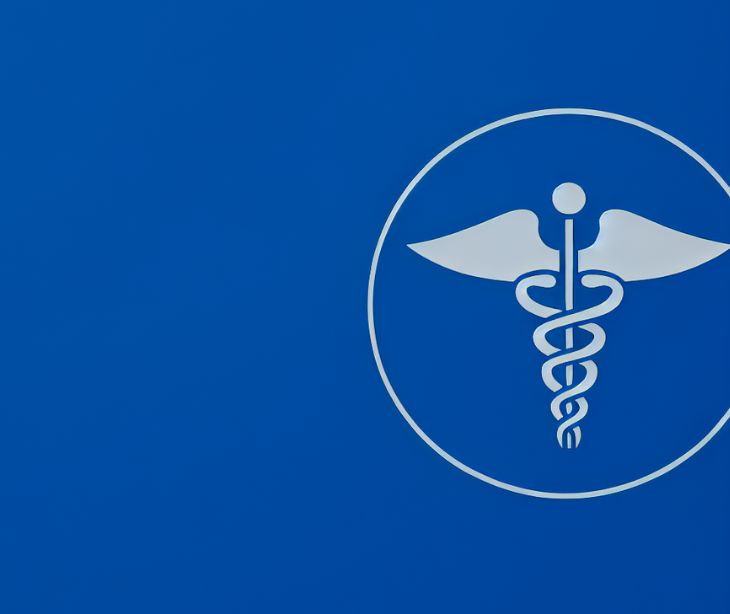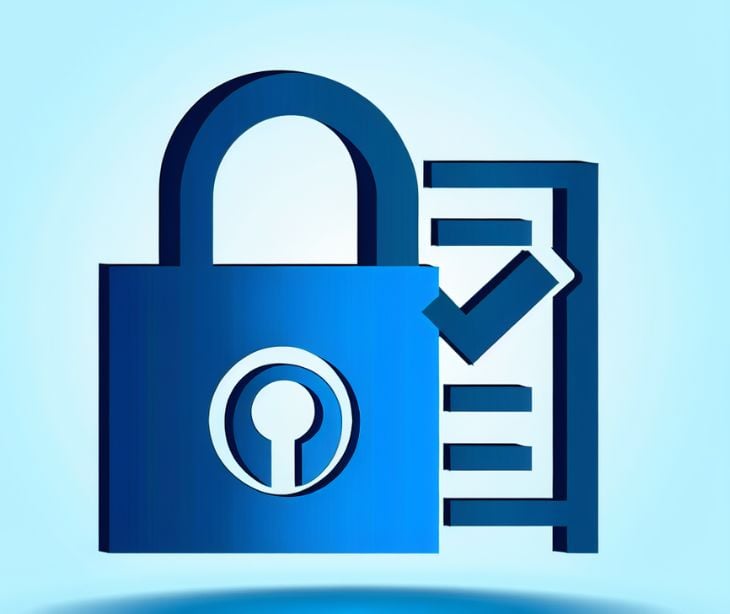
Safeguarding patient information is an imperative duty within the healthcare industry. This obligation is governed by the regulations outlined in the Health Insurance Portability and Accountability Act (HIPAA). Covered entities and business associates are pivotal in upholding HIPAA compliance, overseeing their own adherence and that of their personnel and any third-party service providers engaged in their operations.
This is reinforced by the HHS, which states, “Individuals, organizations, and agencies that meet the definition of a covered entity under HIPAA must comply with the Rules' requirements to protect the privacy and security of health information and must provide individuals with certain rights with respect to their health information.”
The role of covered entities and business associates
Covered entities, which include healthcare providers, health plans, and healthcare clearinghouses, are directly responsible for complying with HIPAA regulations. Additionally, business associates, who are individuals or organizations that perform certain functions or activities on behalf of covered entities, are also responsible for complying with HIPAA.
Read also:
Designating privacy and security officers
To effectively manage HIPAA compliance, covered entities and business associates are required to designate a privacy officer and/or a security officer. These individuals are responsible for overseeing and ensuring compliance with HIPAA regulations within their respective organizations.
Read more: Do you need a dedicated HIPAA compliance officer?
HIPAA compliance standards
HIPAA compliance is enforced by the Office for Civil Rights (OCR) within the U.S. Department of Health and Human Services (HHS). While the OCR is responsible for enforcement, there are specific standards within HIPAA that place the responsibility for compliance on covered entities and business associates. Some of these standards include:
- The principles for achieving compliance (§160.304): Covered entities and business associates are expected to cooperate with the HHS in achieving HIPAA compliance. The HHS may also provide technical assistance to support voluntary compliance.
- Basis for a civil monetary penalty (§160.402): Covered entities and business associates may be held liable for HIPAA violations committed by their agents, including members of their workforce or business associates/subcontractors.
- Organizational requirements (§164.105): Covered entities must comply with various responsibilities, including implementing policies and procedures to comply with the privacy and breach notification rules, ensuring the implementation of reasonable and appropriate security rule policies and procedures, and conducting due diligence when sharing PHI with third-party service providers.
- Administrative safeguards (§164.308): Covered entities and business associates are required to identify a security official responsible for the development and implementation of security rule policies and procedures. They must also apply appropriate sanctions against members of the workforce who fail to comply with these policies and procedures.
- Administrative requirements (§164.530): Covered entities and business associates must designate a privacy official responsible for the development and implementation of privacy rule and breach notification rule policies and procedures. They must also provide workforce training and apply sanctions when necessary.
Related: Understanding and implementing HIPAA rules
Mandatory compliance
While the administrative simplification regulations contain references to "voluntary compliance" and "flexibility of approach," remember that compliance with HIPAA is mandatory for covered entities and business associates. The security rule (§164.302) and the privacy rule (§164.500) clearly state the applicability of HIPAA regulations.
Covered entities and business associates are responsible for their own compliance and ensuring the compliance of their workforce and any third-party service providers they work with. Failure to comply can result in investigations and sanctions imposed by the OCR.
Designating responsibility
Designating responsibility for HIPAA compliance is a fundamental step for covered entities and business associates. It is not simply a matter of selecting a random individual from the workforce. Compliance requires a deep understanding of federal, state, and local laws and the ability to navigate other compliance standards, such as those required for participation in Medicare.
In some cases, existing multi-disciplinary compliance teams consisting of representatives from various departments may be responsible for HIPAA compliance. In other cases, individual team leaders may be designated as Privacy Officers and/or Security Officers. If existing team leaders lack the required knowledge, capacity, or resources, it may be necessary to hire a new team member or outsource the responsibility to a third-party organization specializing in HIPAA compliance.
Covered entities and business associates unsure about who should be responsible for HIPAA compliance within their organizations are advised to consult a HIPAA compliance professional who can provide guidance based on their specific circumstances.
FAQs
Does HIPAA apply to all healthcare providers?
Yes, HIPAA applies to covered entities, which include healthcare providers, health plans, and healthcare clearinghouses. These entities are directly responsible for complying with HIPAA regulations.
Do I need patient consent to share protected health information (PHI) with other entities?
In most cases, covered entities can share PHI without patient consent for treatment, payment, and healthcare operations. However, there are exceptions and limitations, and reviewing the specific requirements outlined in the Privacy Rule is necessary.
What tools can I use to ensure HIPAA compliance?
There are various tools available to assist with HIPAA compliance, including HIPAA compliance software, secure email solutions, encryption technologies, and training programs. Choose tools that align with your organization's specific needs and requirements.
Learn more: HIPAA Compliant Email: The Definitive Guide
Subscribe to Paubox Weekly
Every Friday we bring you the most important news from Paubox. Our aim is to make you smarter, faster.




